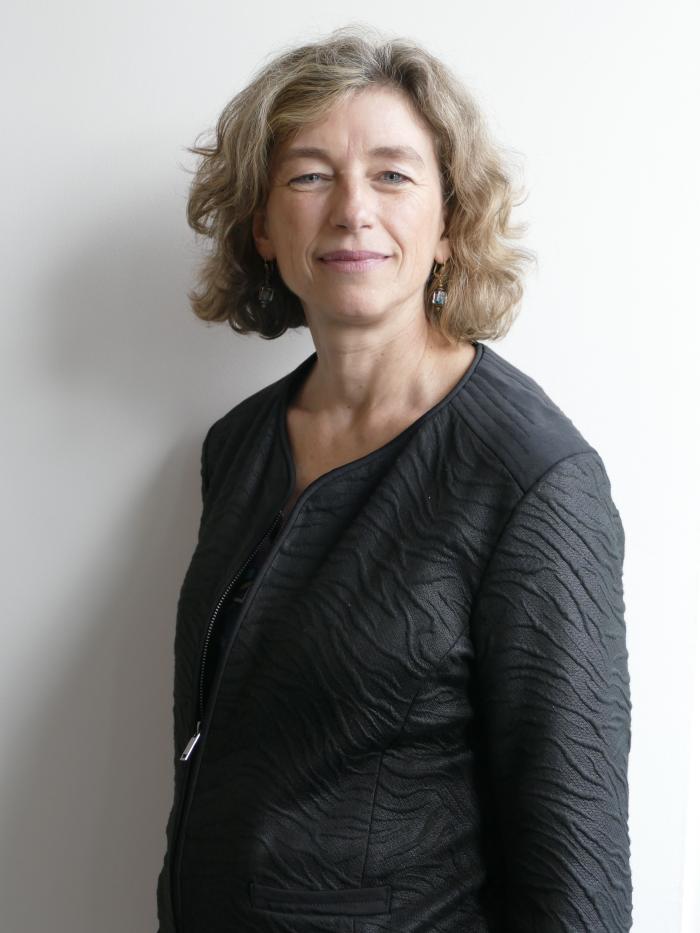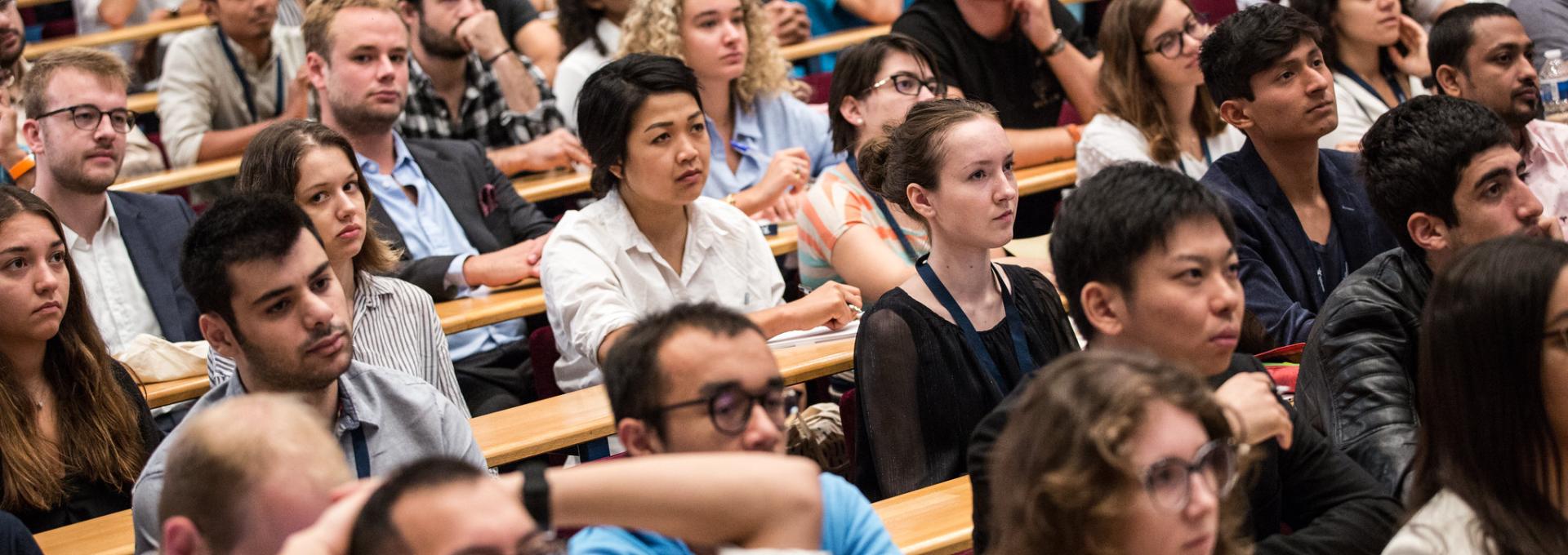This article is part of the "Women in Science" series, which highlights the careers of women at École Polytechnique.

Former student and a lecturer in computer science at École Normale Supérieure (ENS) of Paris and holder of a doctoral thesis in Computer Science at University Paris-XI in 1990, Marie-Paule Cani was then a teacher at Grenoble-INP/Ensimag. She has received several awards throughout her career such as the title of Eurographics Fellow in 2005, the Irène Joliot-Curie prize of mentoring in 2007 for her actions in favour of female scientists and the Légion d’Honneur in 2012.
Furthermore, as member of the Association Femmes et Sciences and of the APMST – Association pour la Parité dans les Métiers Scientifiques et Techniques, she advocates to strengthen women position in the scientific field and to encourage young women to pursue scientific and technical studies. She is the current co-director of the Artificial Intelligence and Advanced Visual Computing Master at École Polytechnique.
Could you please tell us your role at École Polytechnique?
I have joined École Polytechnique since 2017. I created a new research team in computer graphics at the informatics laboratory of the school and I am the director of the Artificial Intelligence and Advanced Visual Computing Master at l’X. I am also responsible of the Modeling, Simulation and Learning centre in the laboratory of computer science at l’X (LIX).
In your opinion, how does École Polytechnique support women regarding the scientific field?
Regarding the students within the school, it is quite positive as the best students of preparatory classes come to l’X and among them we have a pool of very skilled female students. Some of them will pursue studies in computer science. I have for example two doctoral students in my research team and I really appreciate it.
Moreover, I participate in the selection process of the candidates for the Artificial Intelligence and Advanced Visual Computing Master. We have industrial partners such as Google that offers scholarships to students and one of the criteria to receive them is encouraging young women to go into the scientific field.
In your opinion, why are women less represented in Science? What are their main challenges?
It is true that women are underrepresented in science. In computer science, my research field, it is linked to a stereotype that people may have regarding the sector and that appears in the 80’s after my studies.
During my second year of master, we were 50% of boys and 50% of girls. People had no idea of what computer science really was as they did not have computer at home at that time. The apparition of personal computers occurred in the 90’s and the installation of software was then the responsibility of the men in the family. Little by little computer science has gained a masculine image. Moreover, computer games seemed to be more for boys than for girls. All those elements have created a distance between computer science and women.
In addition, I think women and men have a different approach when it comes to machines use. Boys will be interested in technologies as a whole. Girls will be interested in machines when they understand their purpose. For example, in computer graphics, we model and create virtual worlds that are used for health, simulation and creation sectors for example. If we could show how computer science can be used in so many sectors, I am convinced that we could attract more girls.
How could this situation be improved?
By explaining to children, teenagers and students what computer science really means. There is a real change going on with the education and computer science reform from elementary school to high school. Moreover, the Société Informatique de France (SIF) and the Institut National de Recherche en Informatique et en Automatique (INRIA) work together to implement an ambitious program called CHICHE: make researchers go to high schools and talk to student about computer science. Little by little I hope the stereotype I mentioned above will disappear.
Do you have a female role model that has inspired you?
When I started my career, computer science was in its early stages. I almost had no female teachers. But I was really inspired by one of them, the director of École Nationale Supérieure pour jeunes filles (before its merger with ENS), who was chemist. I admired the way she behaved with her students and shew interest in each of them. We felt supported by a kind of mentor that will encourage us over the years. This is what I am trying to do with my own students.
